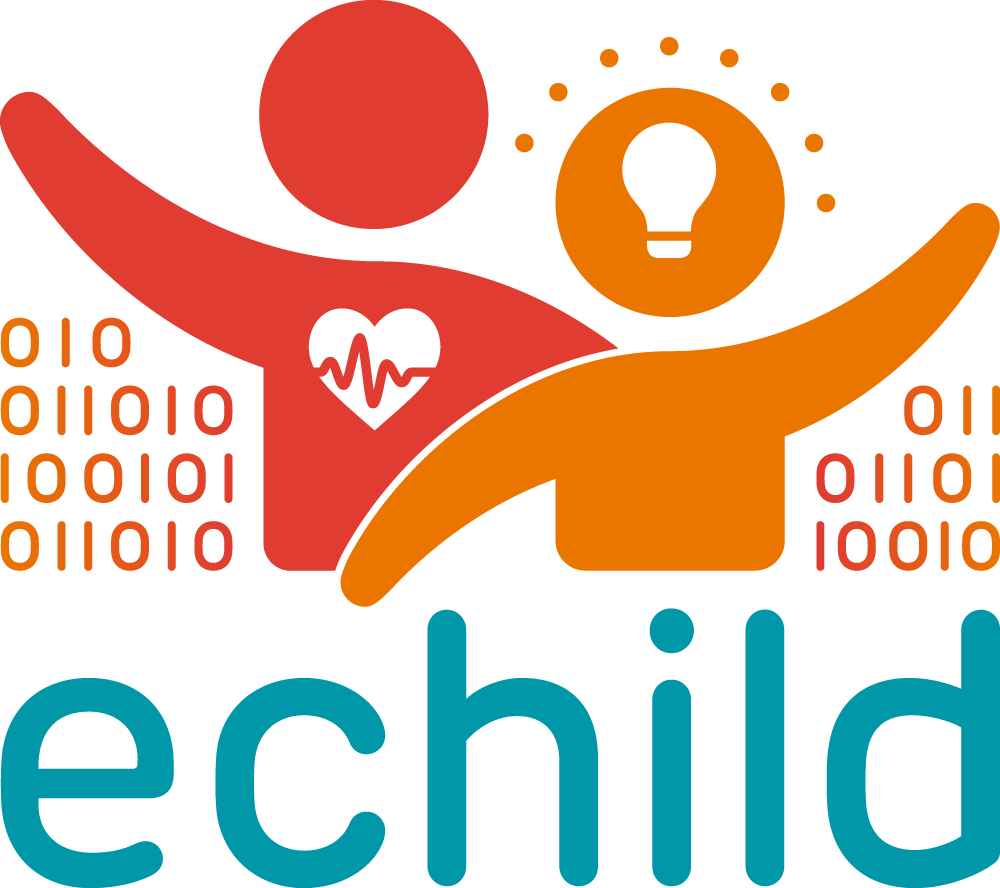New Protocol to Investigate Educational Outcomes for Children with Neurodisability
A new research protocol has been published to investigate the educational outcomes of children with neurodisability in England. Led by researchers at University College London and funded by the National Institute for Health and Care Research (NIHR), the study will use the Education and Child Health Insights from Linked Data (ECHILD) database.
The study will focus on children born between 2003 and 2008. It will track their educational progress at key stages in school: when they're 5, 7, and 11 years old. By linking hospital records (HES) with the National Pupil Database (NPD), researchers hope to understand how well children with neurodisabilities are doing academically compared to unaffected children. Children with neurodisability make up 3.8% of the primary school population in England and are a key research focus as they have complex health needs and are likely to struggle in school.
This study forms part of the wider Health Outcomes of young People in Education (HOPE) research programme which uses administrative data to explore variation in SEN provision and its impact on health and education outcomes.
Read the publication here.
